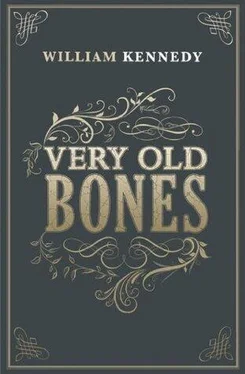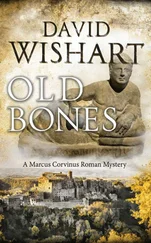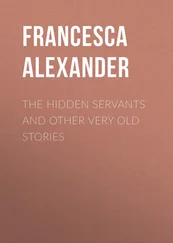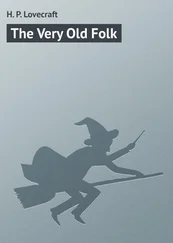“You’re pretty shrewd, Billy. You shrewd enough to use that money to get married? Money was the main obstacle, wasn’t it?”
“Who said I was takin’ the money?”
“Nobody.”
“Right,” Billy said.
“Maybe we could have a double wedding,” I said, and that made Billy laugh.
Doing people favors isn’t always easy.
If I really was a magician and could command the spirits the way Malachi thought he could, I’d build a skeleton that would have Lizzie’s ribs and fingers, Tommy’s chipped backbone, Francis’s all-but-gangrenous leg with the bone showing, Billy’s broken ankle, Sarah’s near-fleshless arms with bones pushing through skin and with tubes dangling, Peter’s arthritic hips, Walter Phelan’s partial skull, Meister Geld’s toe and thumb, the handless armbone that my sugar whore loved to suck, and I’d have the creature dance to the 1911 tune Giselle brought us to lighten things up with music from the past. Remember the lyric?
They always, always pick on me,
They never, never let me be.
I’m so very lonesome, I’m so sad,
It’s a long time since I’ve been glad.
I know what I’ll do, bye and bye.
I’ll eat some worms and then I’ll die.
And when I’m gone, just wait and see.
They’ll all be sorry that they picked on me.
It’s about four o’clock in the afternoon now, and outside the rain is as torrential as it was at three. Colonie Street is a river. Here, in the midst of this performance by nature, we have no reversal, no ironic sunshine about to dawn. The day is crepuscularly gray, as it seems to have been forever in the life of this family; and there is something so profound in that grayness, in that cloud of unexpungeable horror and loss, that, even when the sun finally does come our way, we grieve at the change, and we pray for thunderstorms.
Poor hubristic Malachi, think of it. When you cross the border out of the real world, as he did, the way back, if you can find it, is perilous, at best; and not only for yourself. I think of the itinerant Francis, walking abroad in a malevolent world, never knowing what lay beneath the exile his mother and sister had forced upon him; and of the subterranean Molly, burying and resurrecting her sins, and living on to regret everything forever; and of myself, Orson Phelan-to-be, fugitive from the isolato’s disease, about to reinvent marriage with an ambiguous wife of a second dubious dimension; and of all the others in this family: collective of the thwarted spirit, of the communal psyche that so desperately wants not to be plural.
I am one with the universe, we Phelans say; but I am one.
The universe answers us with black riddles of the past that refuse to yield their secrets: lost faiths and barren dogmas that weave the web and the winter that the poet of order had seen: the web is woven and you have to wear it, the winter is made and you have to bear it. . It is all that you are, the final dwarf of you.
I remember Molly telling me that her mother was always afraid her daughters would meet someone, and in a single night would ruin their lives. But it takes longer than that.
I left the contemplative Billy and walked to the dining room. I watched my father choosing between a chocolate-covered nougat and a vanilla cream. In the kitchen I saw Giselle drying the dishes alongside Molly and Peg and Roger, the four of them discussing a prolonged kiss that Cary Grant had given Ingrid Bergman in a movie, and I took my cue from that. I gripped Giselle’s face in my right hand and kissed her, did the same to Molly, kissed the radiant Peg, shook Roger’s hand, and I then said to them, “It’s all that we are.”
They looked at me as if I had gone back into isolation, but when I smiled at them they knew I was as sane as any of them.












